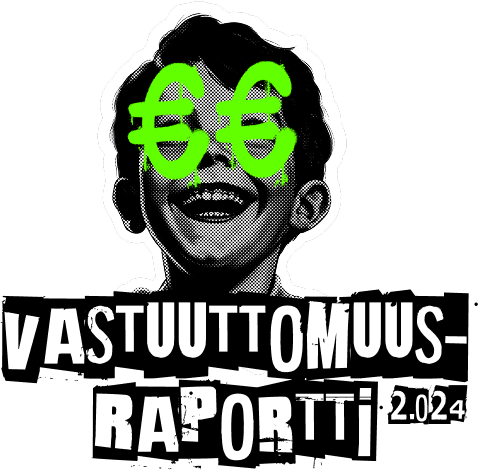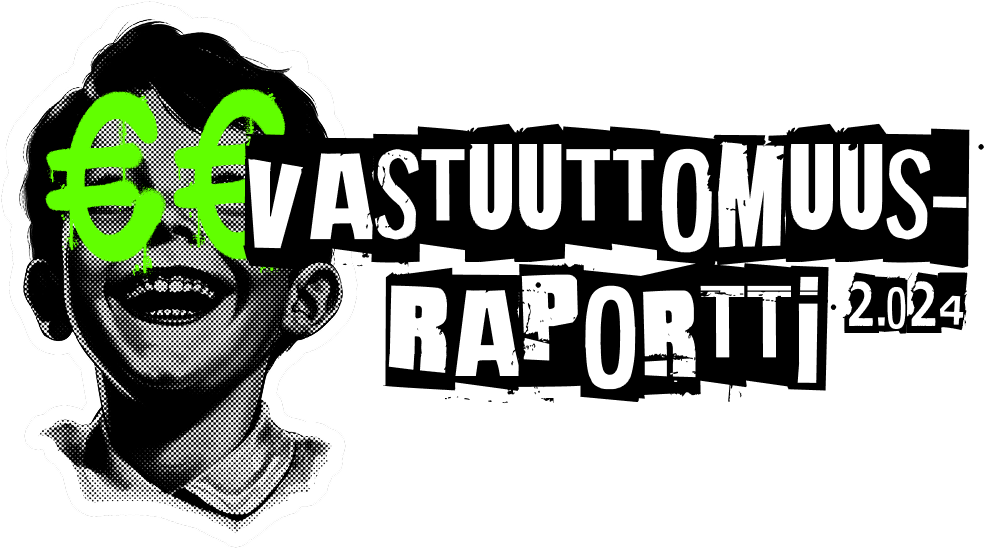Ylva is the first Finnish company to change its sustainability reporting to follow the EU taxonomy
26.10.2021
The goal of the EU Taxonomy Regulation is to create a system by which investors can assess companies’ sustainability. Ylva was the first Finnish company to publish a taxonomy analysis of all of its business operations in its sustainability report for 2020.
In recent years, investors’ interest in sustainable and responsible investments has increased significantly. Until now, however, it has been challenging to identify potential investees as each company has practically defined the sustainability of its operations on its own terms.
The purpose of the EU taxonomy, that is, the EU’s sustainable finance classification system, is to create a comparable system and clear rules for sustainable investment.
“In the future, companies must mirror their various sustainability and responsibility claims in line with the taxonomy framework. It enables the companies’ carbon neutrality promises, for example, to be assessed,” explains Ylva’s manager in charge of sustainable development and investments Antti Ruuska.
Companies’ obligation to report in line with the EU taxonomy enters into force in 2022. Ylva prepared the taxonomy calculations on its business operations already in 2020 – as far as we know, being the first Finnish company to do so.
“We wanted to gain a better understanding of what sustainability means specifically in terms of our business operations: where in the framework of the taxonomy our successes lie and where there is still room for improvement. This is crucial in order for us to continue to finance our business operations and investments through sustainable funding,” Ruuska summarises.
The effects of the Taxonomy Regulation will also be felt outside Europe
For business operations to meet the taxonomy requirements, they must promote at least one of six sustainability goals related to climate change mitigation, climate change adaptation, the sustainability of water resources, the transition to circular economy, pollution prevention and the restoration of ecosystems.
For the first two, the reporting obligation enters into force from the beginning of 2022. The technical assessment criteria for the remaining four are due to be announced in 2023. All companies with more than 250 employees or a turnover of more than 40 million euros are obliged to report in line with the taxonomy.
“The reporting obligation will not apply to a company the size of Ylva for a long time to come. Nevertheless, we believe that the EU taxonomy will become the most significant tool in defining sustainable business operations worldwide: its effects will not remain in Europe alone. Sustainability is one of the most important measures of our business operations. It is therefore imperative that we are familiar with the criteria by which it is assessed,” Ruuska says.
Ylva will be achieving carbon neutrality in 2025 as planned. Our business operations aim towards an improved state of the environment and help build an equal and inclusive society.
More information:
Antti Ruuska
Chief Sustainability Officer
+358 40 176 3142
antti.ruuska@ylva.fi



